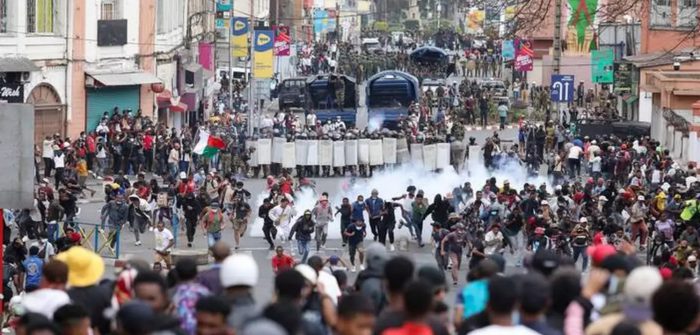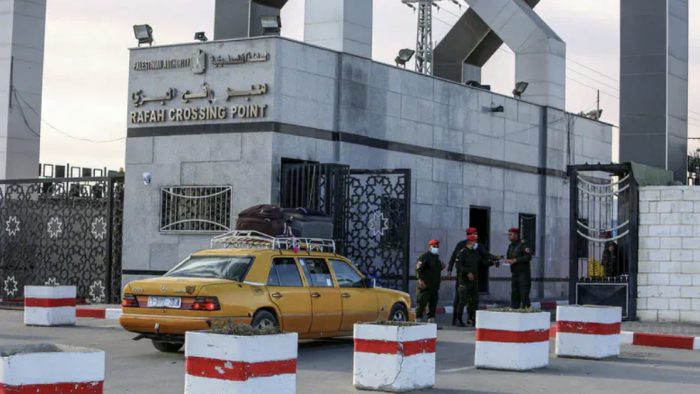The Gen Z protest wave has sparked another regime collapse—this time in Madagascar—as President Andry Rajoelina flees amid military defections.
The Gen Z protest movement, a youth-led tidal wave reshaping political systems across continents, has now toppled another government — this time in Madagascar. President Andry Rajoelina has fled the country after elite army units defected to join the demonstrators, in scenes reminiscent of recent upheavals in Nepal and Morocco.
Siteny Randrianasoloniaiko, opposition leader in Madagascar’s parliament, confirmed to Reuters that the president “left the country” on Sunday as protests reached their peak. “We called the staff of the presidency, and they confirmed that he left,” he stated, though Rajoelina’s current location remains unclear.
Hours later, in a live address broadcast from an undisclosed location, Rajoelina claimed there had been attempts on his life since late September. “A group of military personnel and politicians planned to assassinate me. I was forced to find a safe place to protect my life,” he said, accusing rival factions of orchestrating a coup.
What began on September 25 as demonstrations over power cuts and water shortages in the island nation has morphed into a full-blown Gen Z revolution, railing against corruption, mismanagement, and inequality. The movement echoes similar youth uprisings worldwide, with social media-driven coordination that transcends national borders.
In a stunning twist, CAPSAT, the same elite unit that helped Rajoelina seize power in the 2009 coup, turned against him, escorting protesters into Antananarivo’s central square instead of suppressing them. CAPSAT declared it would “stand with the people”, installed a new army chief, and pledged to oversee a peaceful transition.
The rebellion rapidly spread: factions of the paramilitary gendarmerie joined the protesters, seizing control of headquarters in a formal ceremony attended by senior officials. The Senate swiftly dismissed its president, accused of corruption, and appointed Jean André Ndremanjary as interim leader — who, under Madagascar’s constitution, now assumes the powers of head of state until elections are held.
Analysts warn that this “Gen Z revolution” — driven by digital activism, economic despair, and defiance of entrenched elites — could mark the emergence of a new global youth order, unbound by ideology but united by outrage.
Israel’s strategic observers have taken note: as Western democracies grapple with domestic disillusionment, youth-led volatility in fragile states across Africa and Asia could reshape global alliances — and redefine the 21st-century struggle between democracy, populism, and chaos.





